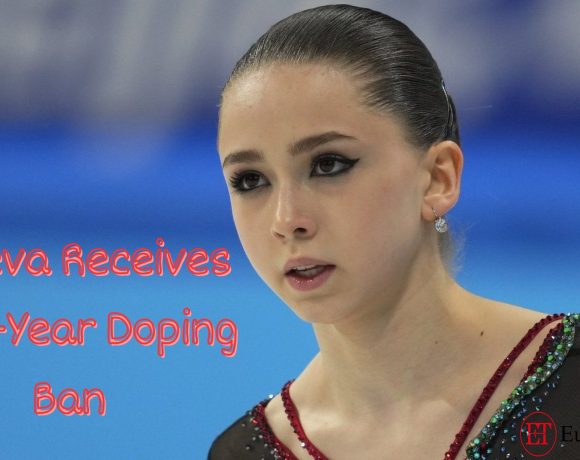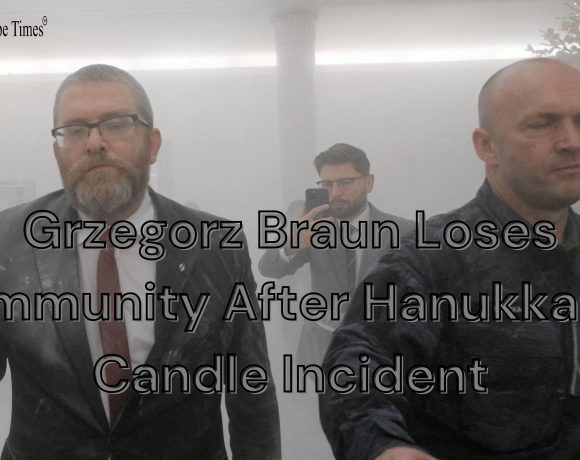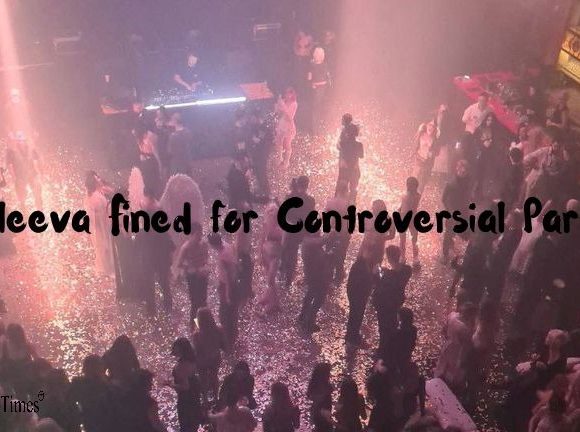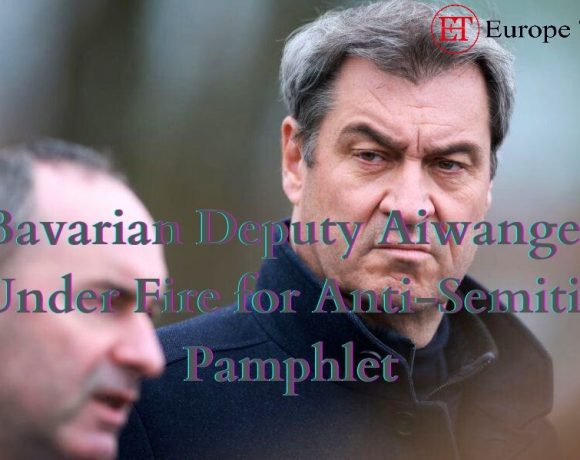
Russian figure skater Kamila Valieva has received a four-year ban for doping, following an appeal by the World Anti-Doping Agency (WADA) that was upheld by the Court of Arbitration for Sport (CAS). Valieva had initially been cleared by a Russian Anti-Doping Agency (RUSADA) investigation, which found no fault on her part for a failed test before the 2022 Winter Olympics, where she won team gold at the age of 15.
The ban, backdated to December 25, 2021, the date of the failed test, includes the disqualification of all competitive results achieved from that date. CAS clarified that the decision on whether to strip Russia of the gold medal would be examined by the relevant sports organizations, not within the scope of the arbitration procedure.
Valieva did not contest the presence of the banned substance, and CAS ruled that she failed to establish, on the balance of probabilities, that the Anti-Doping Rule Violation (ADRV) was not intentional. The Kremlin criticized the CAS ruling as a “politicized” decision, while the Russian Olympic Committee stated that “in effect war has been declared on Russia.”
WADA emphasized the severity of doping involving minors and called for legal consequences for doctors, coaches, or support personnel providing performance-enhancing substances to minors. The United States is expected to be awarded gold in the team figure skating event in Beijing, with Japan and Canada receiving silver and bronze, respectively.
The controversy surrounding Valieva’s doping case is seen as another chapter in Russia’s doping scandal, with the country’s athletes competing at the Beijing Games under the neutral name of the Russian Olympic Committee. The CAS decision has sparked concerns about the credibility of the Russian anti-doping system, with calls for increased vigilance.
Picture Courtesy: Google/images are subject to copyright



